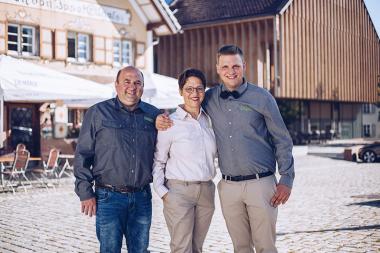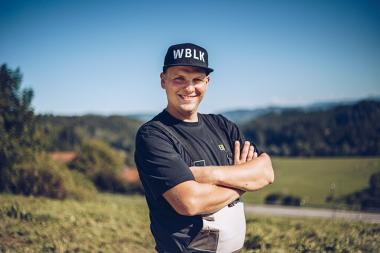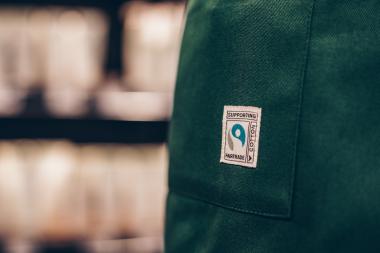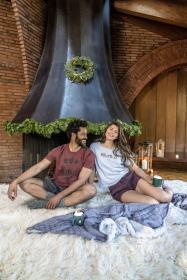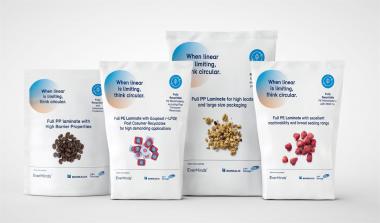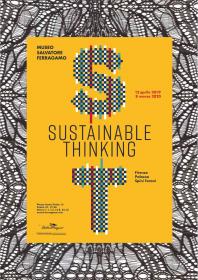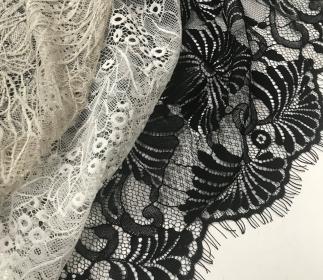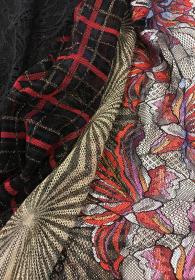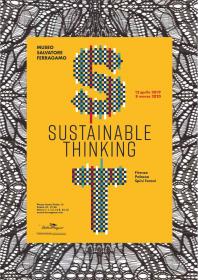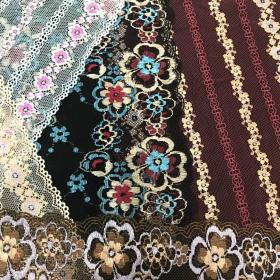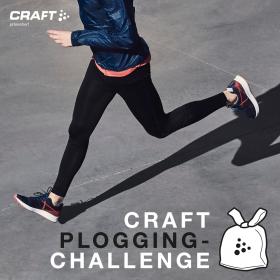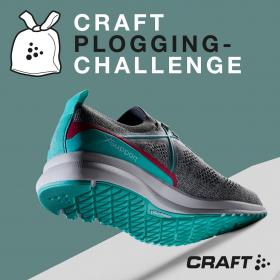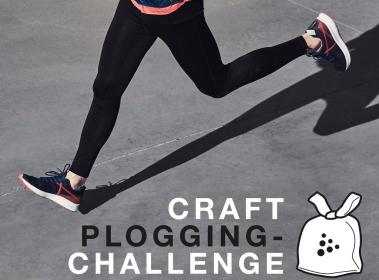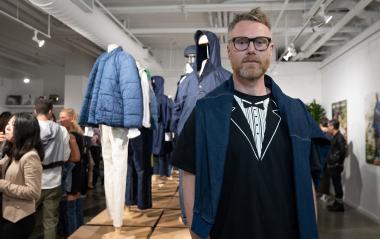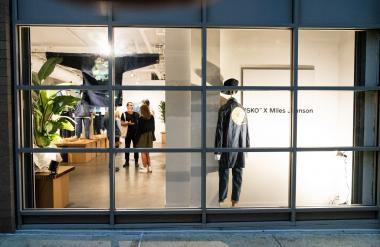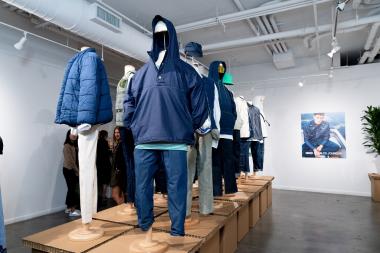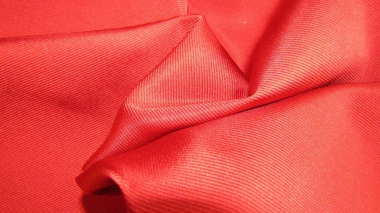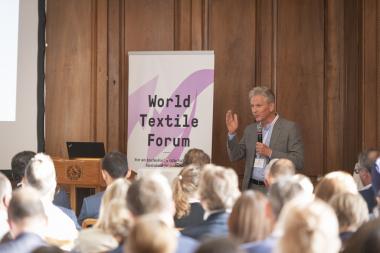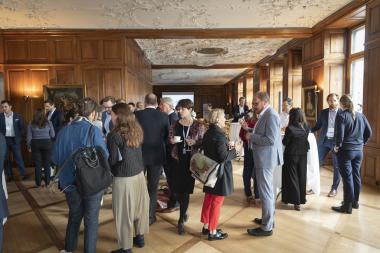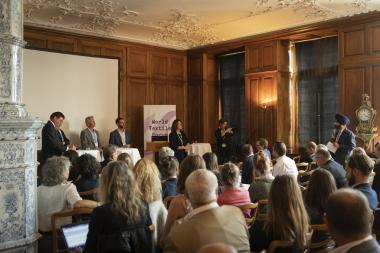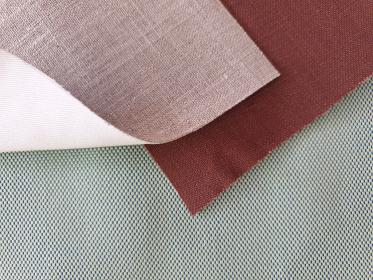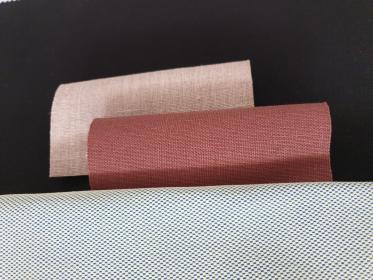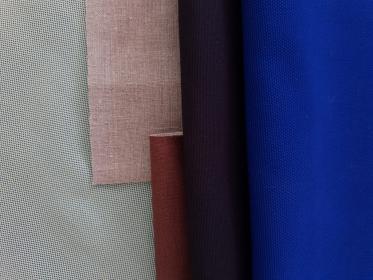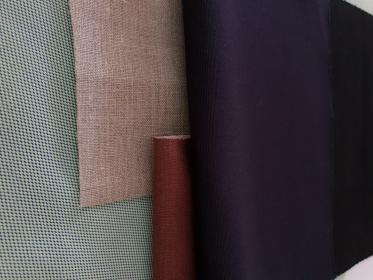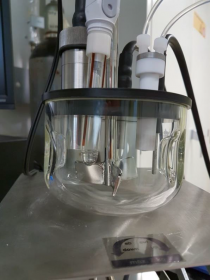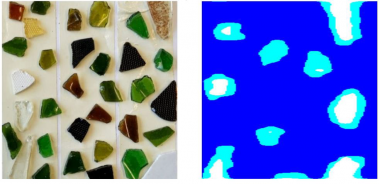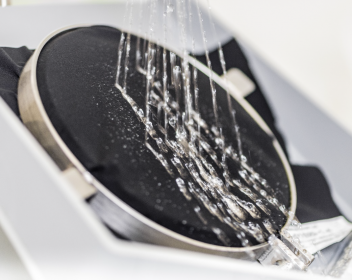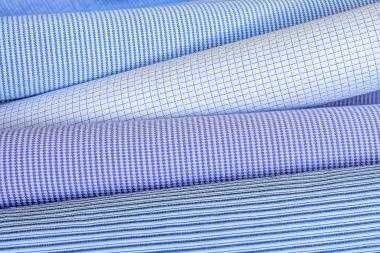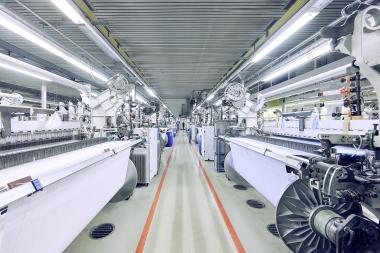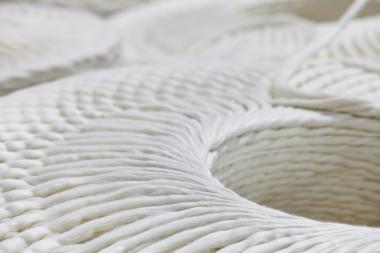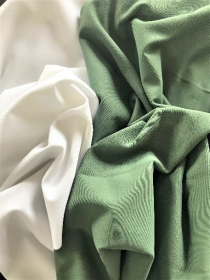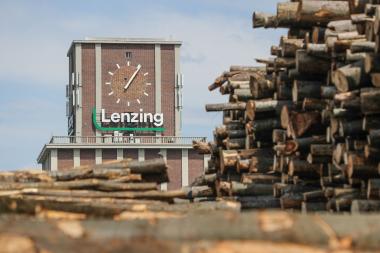WEITBLICK setzt auf faire Workwear
Nachhaltigkeit, ethisches Handeln, die Übernahme sozialer Verantwortung – Schlagworte, die sich momentan in aller Munde befinden. Doch nicht jeder, der viel redet, sagt auch wirklich etwas. Bei Weitblick, Workwear-Hersteller aus Kleinostheim, verhält sich das ein wenig anders. Das Unternehmen geht kleine, wohlüberlegte Schritte auf einem klar definierten Weg: hin zu einem Unternehmen mit nachhaltigem Wertschöpfungskreislauf – vom besten Rohstoff über optimale Produktionsmittel bis hin zur langlebigen Workwear.
Gerade hat das Familienunternehmen auf diesem Weg einen weiteren Meilenstein erreicht: Gemeinsam mit drei weiteren Workwear-Herstellern sowie dem Gewebeproduzenten Klopman International hat Weitblick das Projekt „Supporting Fairtrade Cotton“ ins Leben gerufen. In Zusammenarbeit mit dem Siegel Fairtrade soll so der Anteil an fair gehandelter Baumwolle in der Berufsbekleidungsbranche deutlich gesteigert werden. Damit wird insbesondere den Menschen geholfen, die ganz am Anfang der textilen Wertschöpfungskette stehen: Baumwollbauern erhalten durch feste Abnahmemengen nicht nur Planungssicherheit, sondern auch gerechte Handelsbedingungen, um die strengen Umwelt- und Sozialauflagen umsetzen zu können. Weitblick hat sich innerhalb des Projektes dazu verpflichtet, 1/3 der eingekauften Baumwolle im ersten Schritt auf Fairtrade umzustellen und sukzessive weiter auszubauen. Die Verarbeitung nach dem Mass Balance Prinzip garantiert dem Baumwollerzeuger dabei die Abnahme der vertraglich verarbeiteten Fairtrade Baumwolle. Diese wird in der Textilproduktion dann je nach Bedarf und technischen Anforderungen mit anderen Fasern vermischt.
Weitblick Gottfried Schmidt OHG
WEITBLICK® Gottfried Schmidt OHG


